OPEC+ strife pushes prices even higher
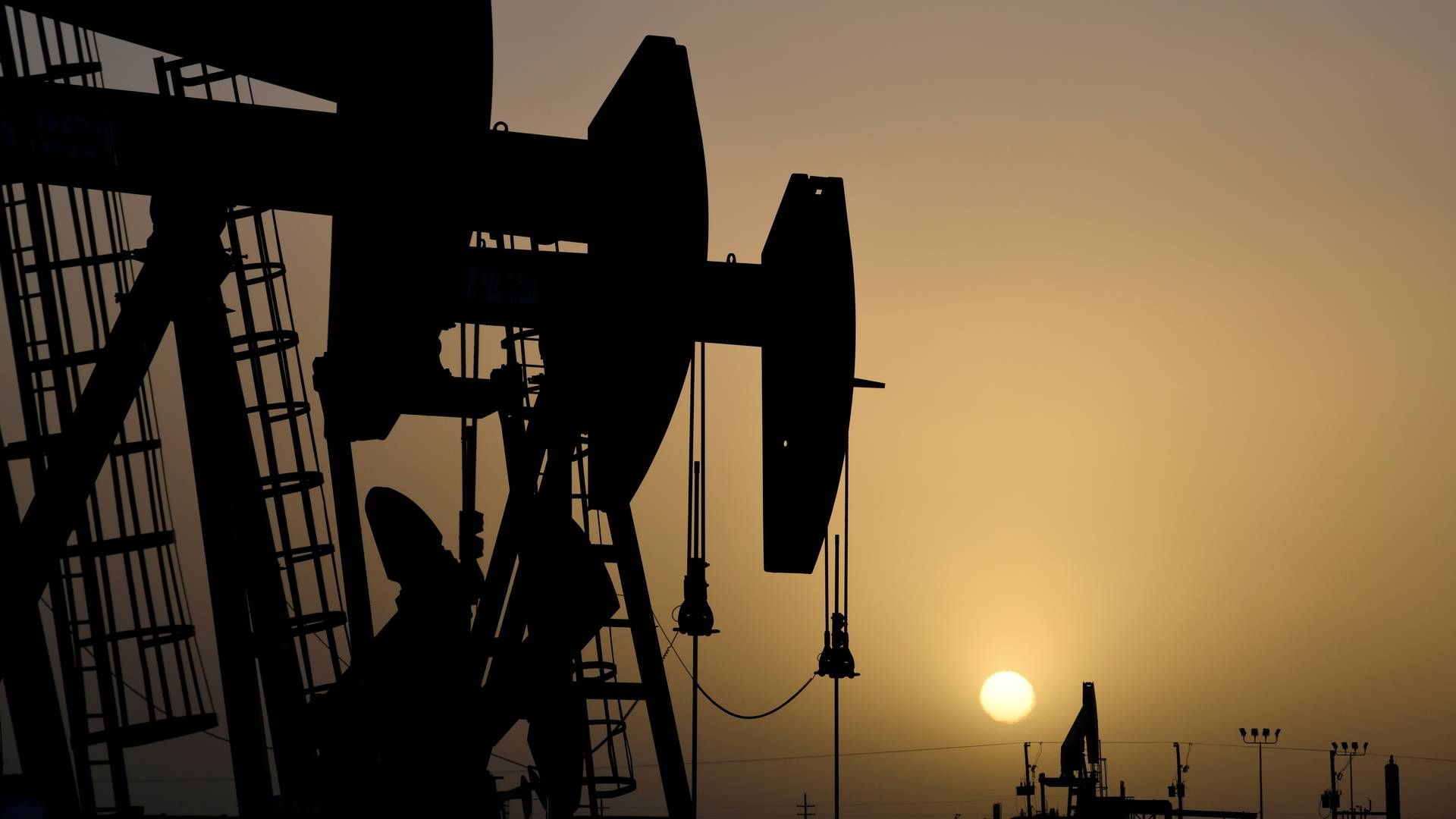
Oil prices continued to rise Tuesday morning due to disagreement within the Organization of Oil Exporting Countries and its OPEC+ allies concerning the timing of easing output restrictions.
Increasing crude prices are being limited due to concerns that certain cartel members might start boosting extraction, however.
One barrel of European reference oil Brent trades Tuesday morning for USD 77.52 against USD 76.06 Monday afternoon. US counterpart West Texas Intermediate sells concurrently for USD 76.72 relative to USD 76.06.
On Monday, OPEC+ suspended negotiations about the extended cartel's future oil output quotas.
The cancellation took place after the United Arab Emirates rejected a proposal to extend output caps by a further eight months.
"Expectations of OPEC+ not adding the extra supply to the market from August lent support to the market on Monday, but investors are not keen to move in either direction from here due to uncertainty over how OPEC+ members will act from next month onwards,” says Toshitaka Tazawa, an analyst at commodities broker Fujitomi Co, to Reuters.
Iraqi Minister of Oil Ihsan Abdul Jabbar tells the news agency that the country is engaged in the current agreement with OPEC+ and wants to keep prices from surging beyond present levels in order to maintain price stability.
Jabbar says he hopes the organization is able to reach an accord within the coming ten days about a new date to raise quotas.
In 2020, OPEC+ agreed to limit output as a way of coping with plunging oil prices resulting from the covid-19 pandemic.
Output caps have since been gradually eased.
On Friday, a suggestion was made to boost daily extraction by 2 million barrels from August to December – and to prolong a deal about incremental changes to production up to 2022.
This, though, was blocked by the UAE.
"The sticking point is UAE production levels under more normal circumstances. This is an issue we would expect OPEC to resolve prior to the termination of the current agreement in April 2022,” comments Alan Gelder, vice president of Wood Mackenzie, in a report cited by Reuters.
English Edit: Daniel Frank Christensen
OPEC+ crisis deepens as Saudi Arabia refuses to budge
Undercover activist captures Exxon lobbyist on video admitting obstruction of Biden's climate plan
Crude inches higher as oil investors await OPEC+ agreement

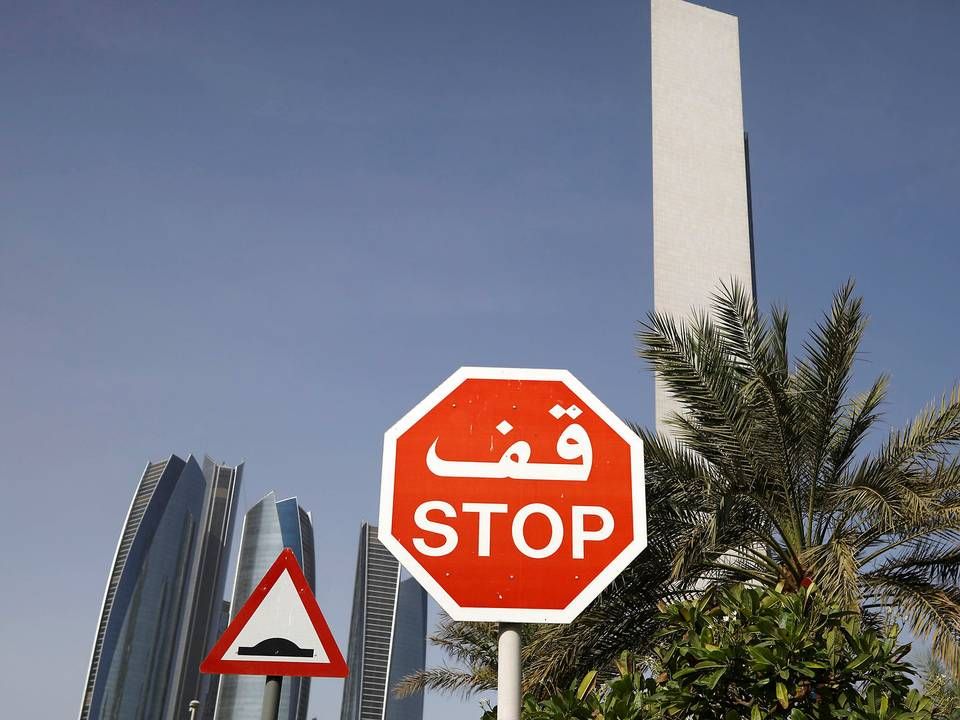
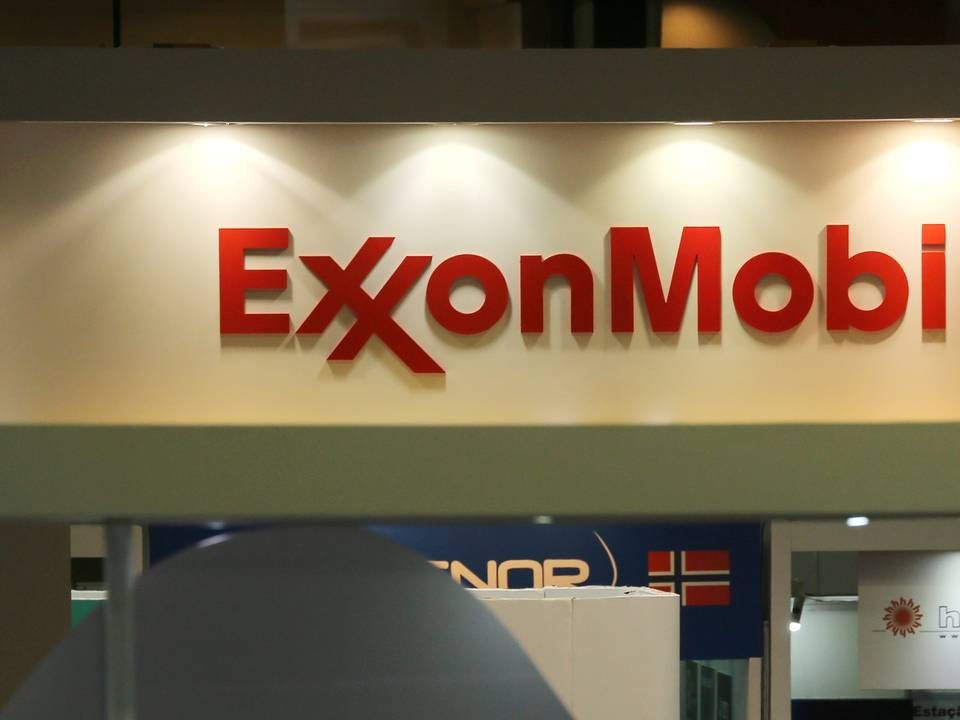



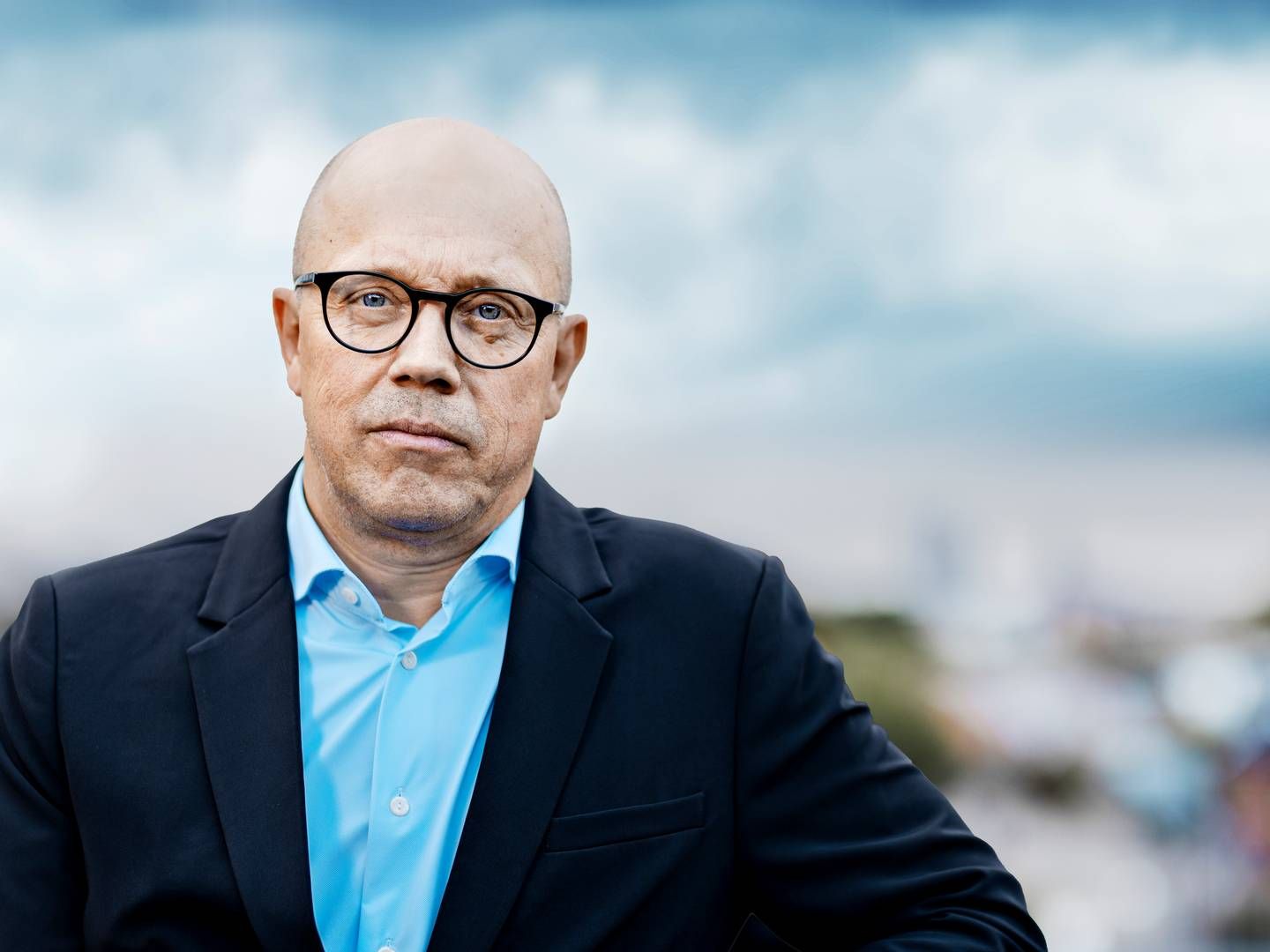





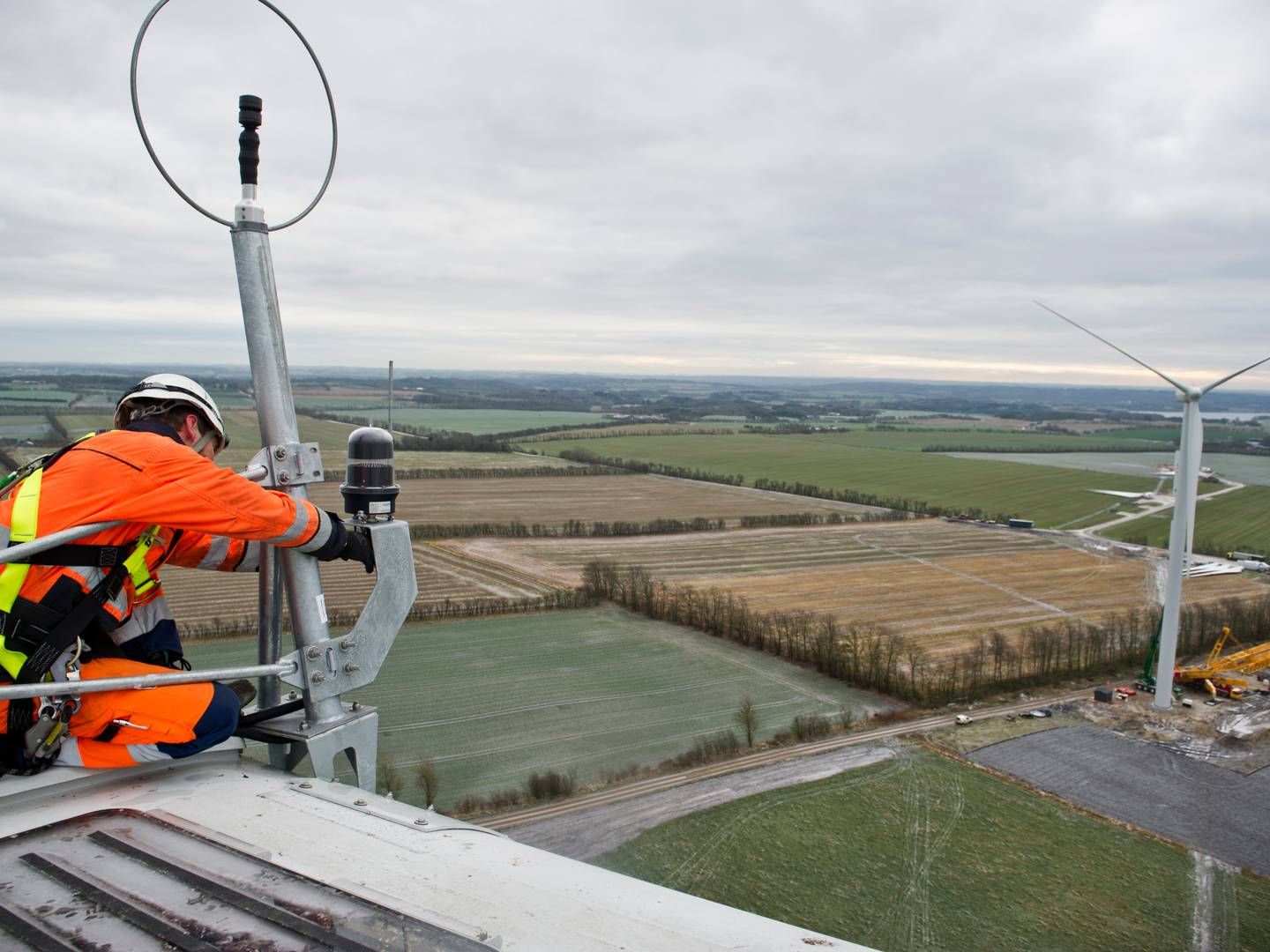
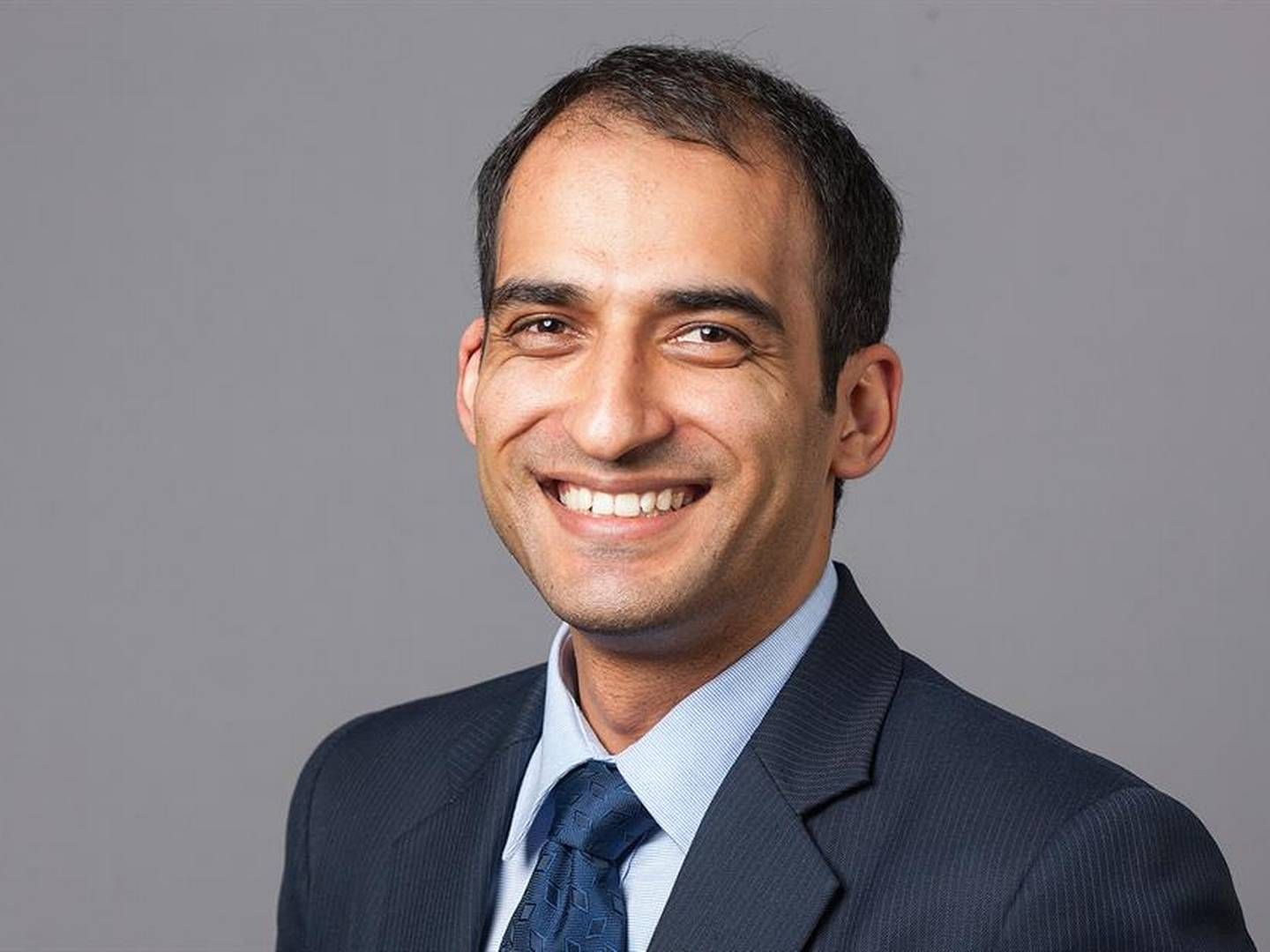


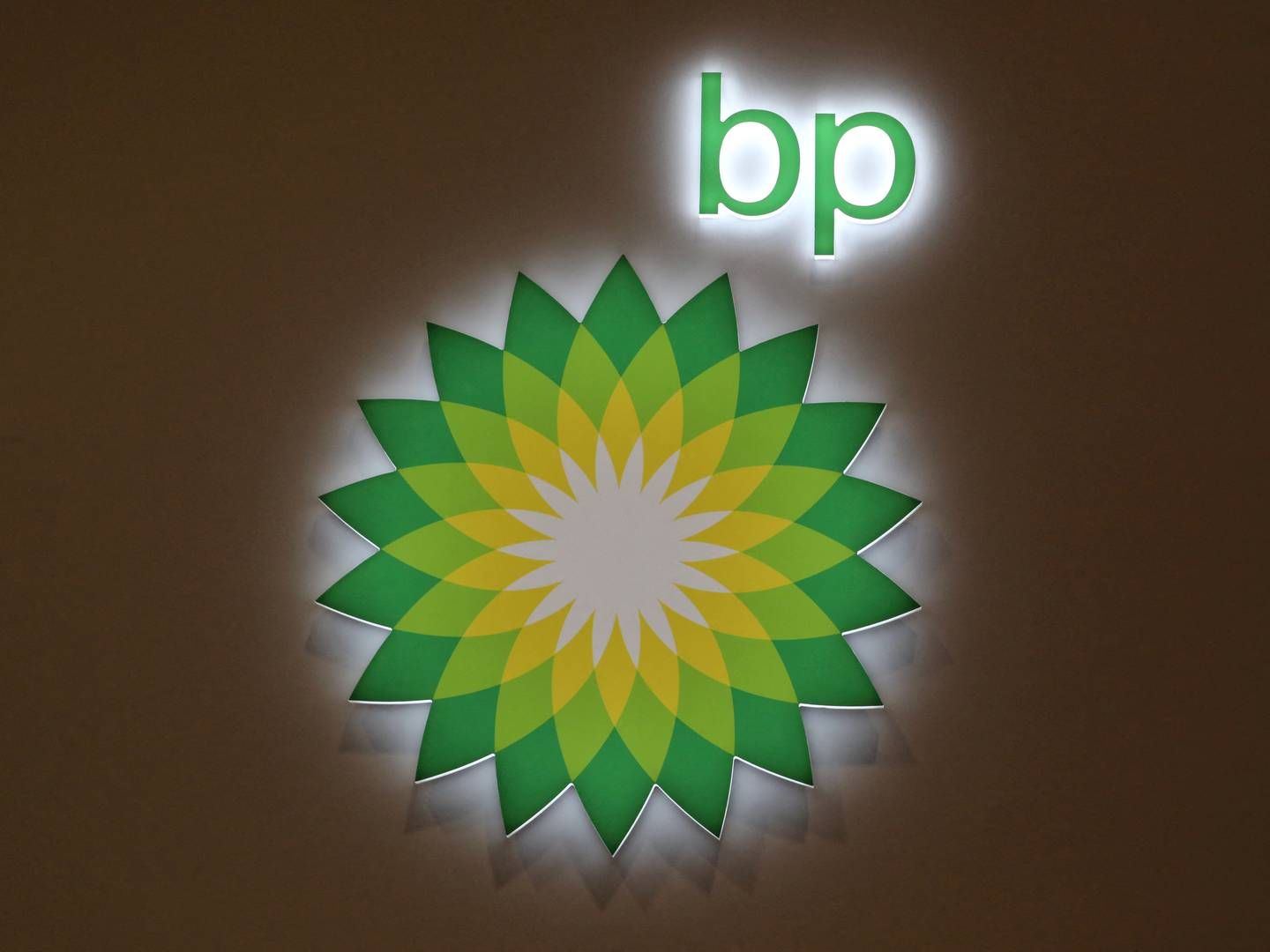

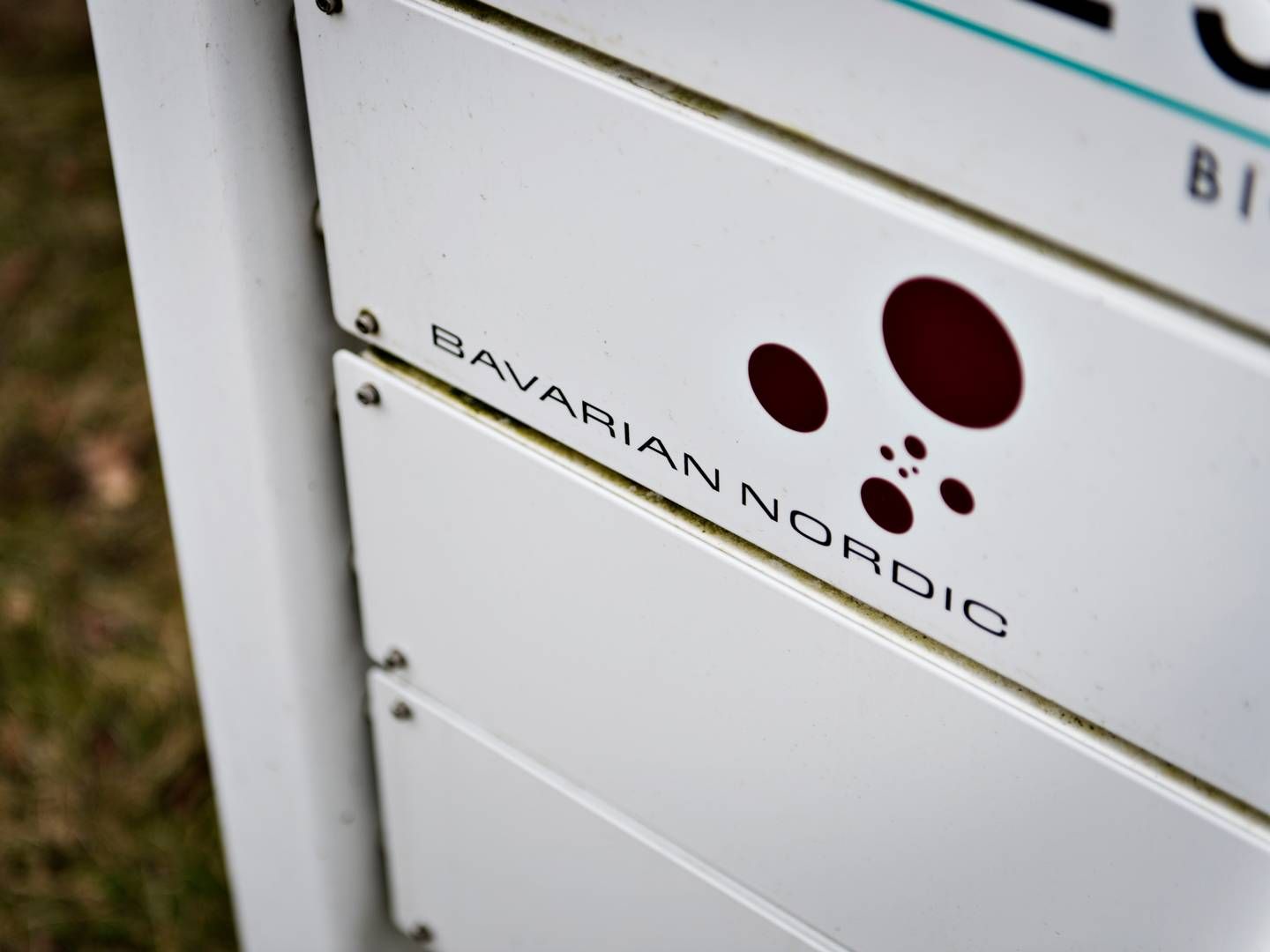




.jpg&w=384&q=75)

